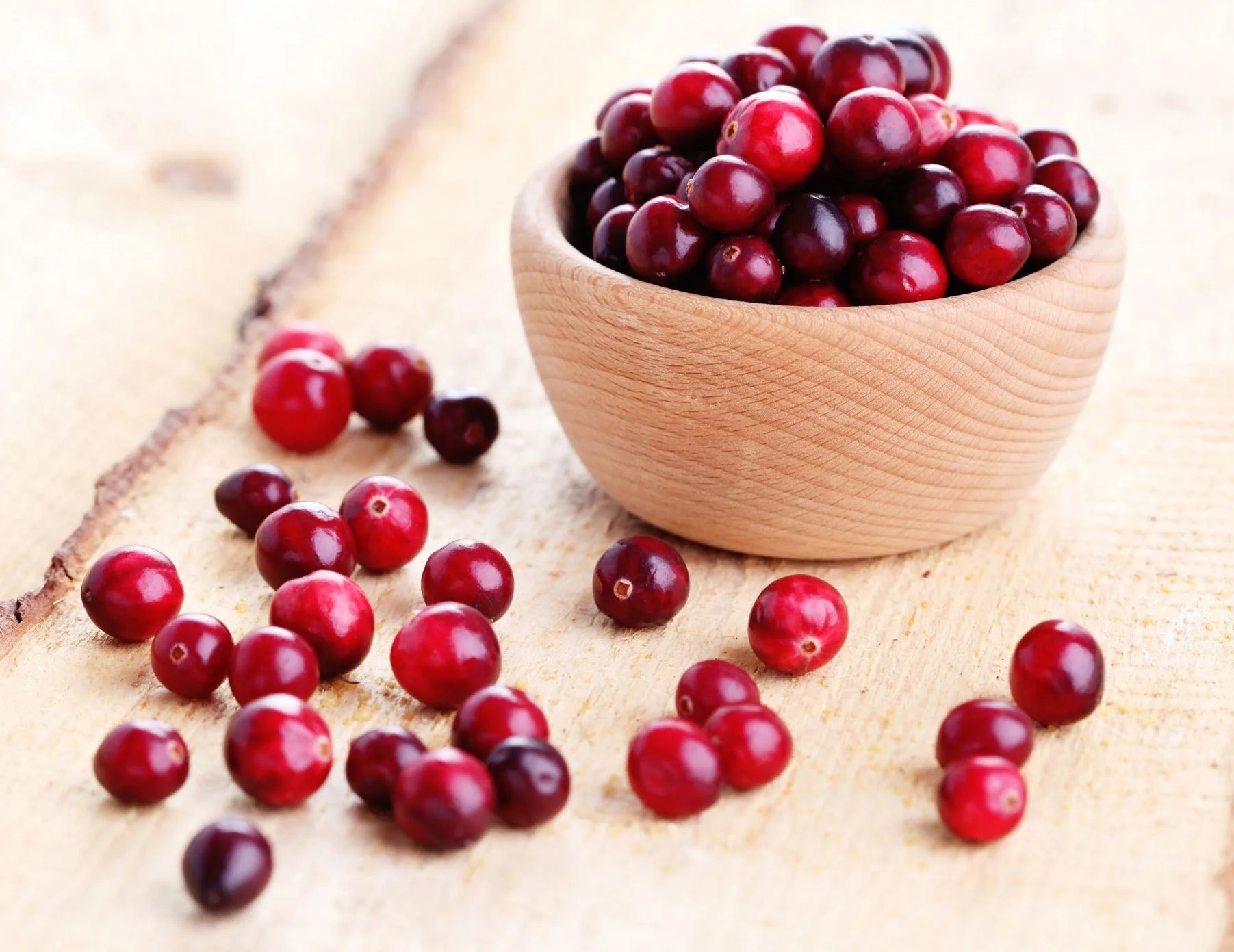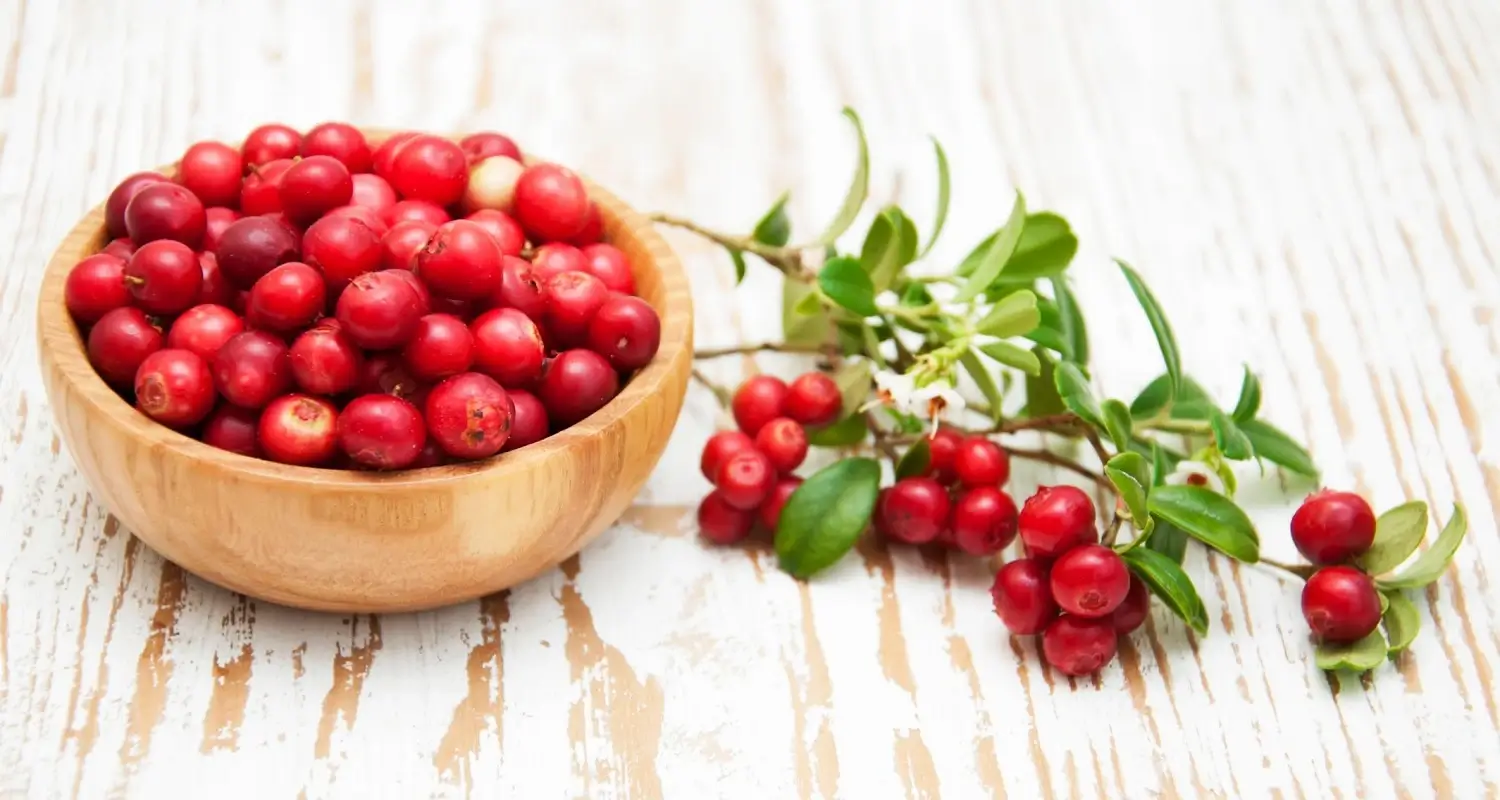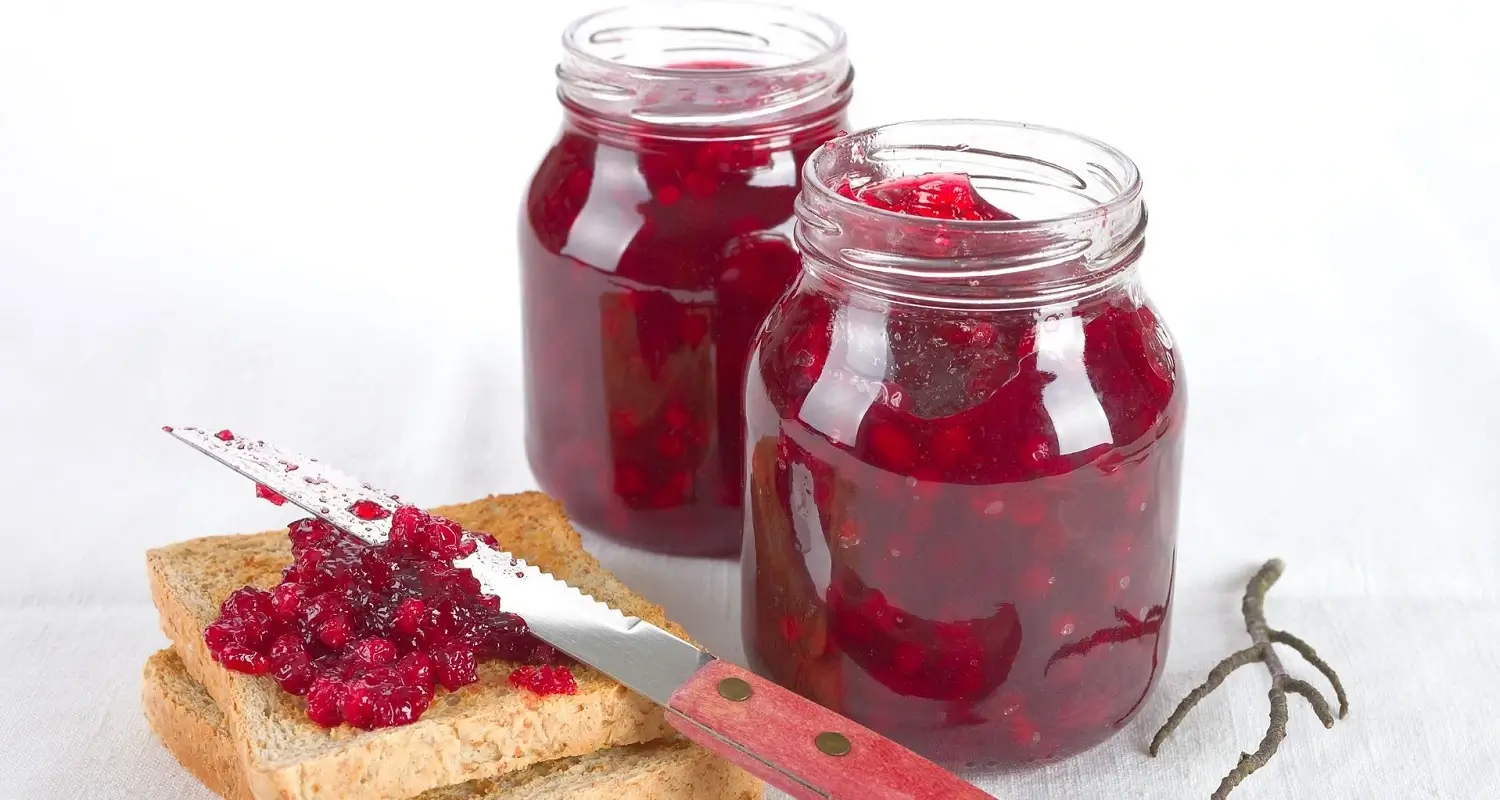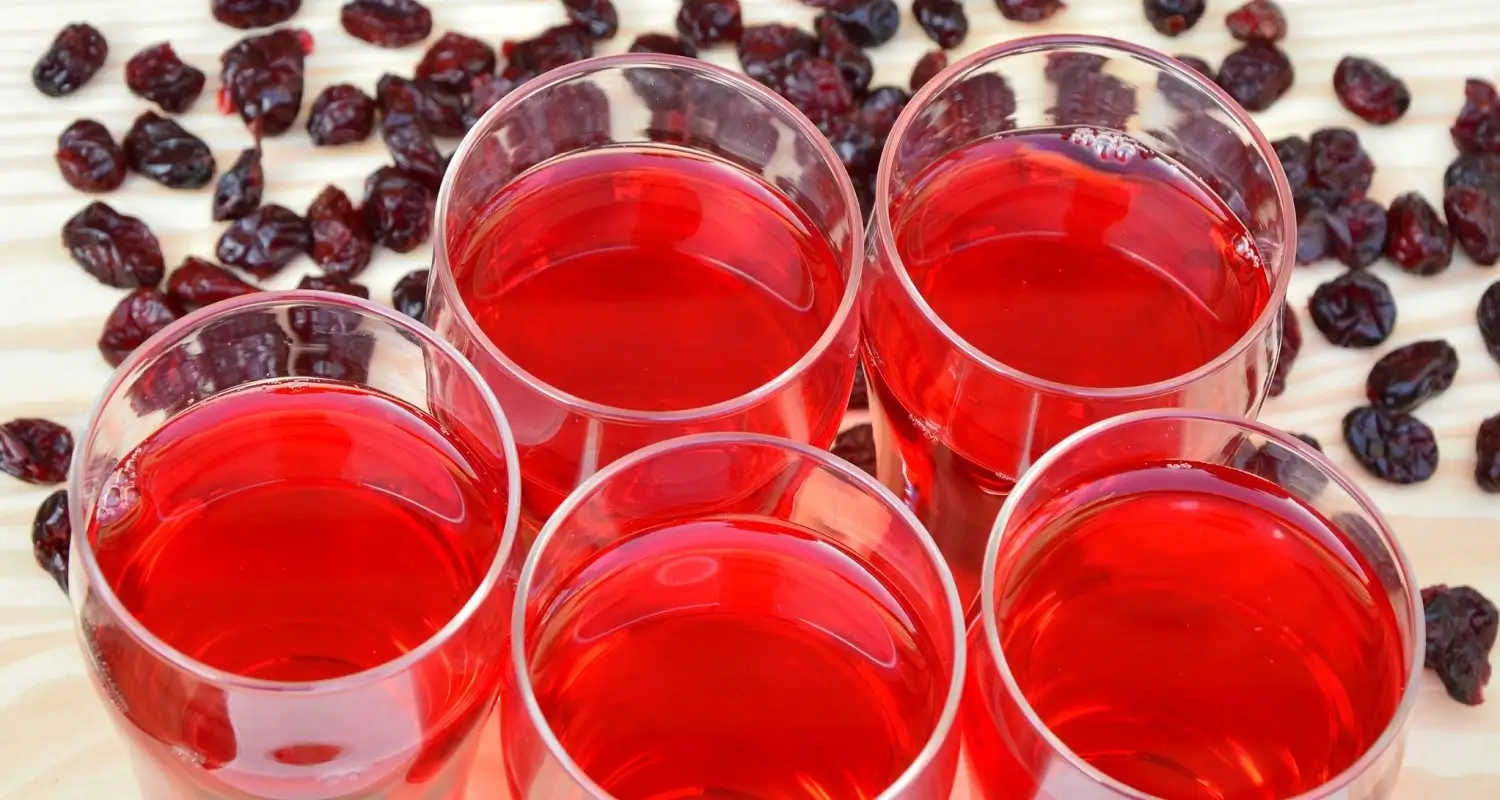Last Updated on: 13th December 2025, 05:45 am
Cranberry Oral Health Benefits: Everything You Should Know
Oral diseases, especially periodontal, are linked to the development of cardiovascular disease. As such, it is essential to incorporate natural oral health remedies into your daily oral hygiene habits.
Scientists have found cranberries to be an effective natural remedy for oral health. They are rich in nutritional antioxidants known as polyphenols that reduce your chances of getting oral diseases. This article reviews how adapting cranberries as a natural oral health remedy prevents bacteria growth in the mouth.
What Makes Cranberries Effective Against Oral Bacteria?
Some of the factors that make cranberries effective against oral bacteria include:
● The Power of Proanthocyanidins
Cranberries’ oral health benefits are attributed to proanthocyanidins (PACs). Its antibacterial power inhibits the production of bacteria’s proteolytic enzymes.
● Acidic environment: friend or foe?
Cranberry juice contains phenolic acid which plays a vital role in preventing oral bacterial growth. Phenolic acid is a mixture of flavonoids, organic acids, anthocyanidins, and tannins. Research indicates that these components help delay the severity of bacterial growth in the mouth.
5 Ways Cranberry Battles Oral Bacteria
Cranberries battle oral bacteria in the following ways:
1. Anti-adhesion properties
The anti-adhesive properties of cranberries are attributed to their phenols, which are not found in the polyphenols of other fruits such as grapes, apples, etc. These phenols inhibit an enzyme produced by the bacteria, which is responsible for adhesion through different mechanisms.
2. Antioxidant richness
Cranberries are a good source of natural antioxidants known as polyphenols. Polyphenols help strike bacterial cells from binding to cause tooth decay, periodontitis, and dental plaque.
3. Disrupting biofilm formation
Oral biofilms form the initial stage of caries, periodontitis, and peri-implantitis. Cranberries contain phenolic acids and anthocyanidins that hinder the formation and maturation of biofilms.
4. Enhancing saliva’s natural defenses
Cranberries are concentrated with Proanthocyanidins and flavonol components that protect you from dental caries. Caries are triggered when streptococcus mutans emit harmful acids, leading to a decrease in salivary PH in the oral cavity. When that happens, cranberries’ components react by increasing the same hence inhibiting bacterial growth.
5. Reducing inflammation
Consuming cranberry juice or extracts reduces gingivitis (inflammation of the gum) thanks to its Proanthocyanidins’ anti-inflammatory activities.
5 Surprising Cranberry Oral Health Benefits
Some benefits of cranberries for your oral health include:
1. Reduces the risk of cavities
High sugar levels in saliva attract bacteria that cause cavities. Scientists have found that Proanthocyanidins in cranberries help reduce sugar levels, hence inhibiting bacteria aggregation.
2. Prevents gum disease
Cranberries inhibit the production of harmful acids by cariogenic bacteria, thereby inhibiting the accumulation of cariogenic bacteria in your gums. This prevents gum diseases like gingivitis.
3. Lowers inflammation
Due to the anti-inflammatory benefits of cranberries, your body’s response to oral inflammation is remarkable. Cranberries are a good source of strong antioxidants that help to lower inflammation.
4. Freshens breath
Cranberry juice is a scientifically proven natural remedy for preventing bacterial growth in the mouth. It not only boosts your oral health but also prevents you from bad breath.
5. Strengthens tooth enamel
Polyphenols in cranberries strengthen teeth enamel and prevent dental caries. A stronger enamel translates to stronger and healthier teeth.
Incorporating Cranberry into Your Oral Health Routine
Some of the ways of incorporating cranberries into your daily oral health routine include the following:
● Direct Consumption: Pros and Cons
Studies have always linked cranberry’s benefits for teeth to its strong antibacterial agents. They are said to be rich in antioxidants, nutrients, minerals, and vitamins that help curb chronic conditions. So far no risks are connected to a moderate intake of the fruit.
Due to their high levels of sweeteners or sugars, diabetic people are advised to avoid cranberry beverages. As for cranberry extracts, excessive intake is discouraged because they contain high amounts of oxalates that can lead to kidney stones.
● Cranberry Supplements: A Convenient Alternative?
Research indicates that 250 mg flavonoids are anti-inflammatory and anti-bacterial supplements for oral health. They are also considered natural remedies for oral health, similar to cranberries.
● The Role of Cranberry Juice and Extracts
Recent studies have pointed to lower cranberry juice benefits for teeth as compared to the extracts. That is due to the huge amount of PACs in extracts in contrast to the amount found in cranberry juice. Incorporating cranberry juice or the extract will depend on your preferences. You can add a glass of cranberry juice to your breakfast or make cranberry sauce for dinner.
Precautions and Considerations
Cranberries emerge as a promising natural aid for improving oral health, yet it’s essential to understand that their role is to enhance traditional oral hygiene. The array of benefits offered by cranberries, such as lowering the chances of developing cavities and gum disease, improving breath freshness, and reinforcing tooth enamel, underscores their value in oral healthcare. Nonetheless, these natural benefits are meant to be an addition to and not a replacement for a thorough oral hygiene regimen and regular dental consultations.
Adhering to daily routines of brushing and flossing, utilizing mouthwash, and scheduling periodic dental examinations are crucial actions to ward off oral health issues and maintain optimal dental wellness. While natural aids like cranberries offer supplementary support, they are not capable of independently safeguarding against or resolving oral health problems.
Cranberries are generally regarded as safe for consumption. However, be advised to take them in moderation, especially extracts. Because they’re highly oxalated, excessive intake can lead to kidney stones.
Diabetic people are always advised against cranberries. Breastfeeding and pregnant women must seek professional guidance for cranberry extract intake.
Conclusion
Incorporating cranberries into your oral health regimen can significantly enhance your dental well-being, thanks to their anti-inflammatory and antibacterial properties. These natural remedies, rich in unique polyphenols, stand out for their therapeutic potential in staving off oral diseases. Cranberries are especially effective against harmful bacteria, playing a crucial role in the prevention of caries/tooth decay, cavities, and periodontitis.
As a valuable adjunct to traditional oral hygiene practices, they offer a range of benefits that complement daily brushing, flossing, and regular dental check-ups. However, it’s important to use cranberries judiciously, mindful of potential drawbacks like their sugar content and the risk of kidney stones due to excessive consumption of extracts.
By embracing the advantages of cranberries for oral health while steadfastly adhering to fundamental dental care practices and seeking professional advice, you can achieve a balanced approach to oral hygiene. This strategy not only maximizes the oral health benefits of cranberries but also minimizes risks, ensuring your smile stays bright and healthy.
Frequently Asked Questions
How often should I consume cranberries for oral health benefits?
There is no standardized way of consuming cranberries. Most people drink the juice daily at prescribed dosages. Note: you can take up to 750 ml of cranberries daily.
Can cranberry juice replace my regular oral hygiene practices?
No! Cranberry is an effective natural remedy for oral health. However, it should be used alongside other dental hygiene practices.
Are there any side effects of consuming cranberries for oral health?
While cranberries have a tone of great benefits to your oral health, they can cause diarrhea, stomach upsets, and kidney stones.
How do cranberries compare to other natural remedies for oral health?
Cranberries are rich in strong antioxidants that help fight against oral diseases. Their therapeutic potential is linked to their anti-inflammatory and antibacterial effects.
Can children consume cranberry juice for oral health benefits?
Yes, cranberries, when fresh, consist of antioxidants, as well as vitamins C, E, and K. They also have been found to contain fiber that is good for constipation.
Share:
References
1. Khuntia, P., Nayak, R., Das, A. C., Mohanty, R., Panda, S., & Das, S. (2020). Cranberry–A Boon in Periodontal Therapy. Indian Journal of Forensic Medicine & Toxicology, 14(4).
2. Lemos, J. A., Palmer, S. R., Zeng, L., Wen, Z. T., Kajfasz, J. K., Freires, I. A., … & Brady, L. J. (2019). The biology of Streptococcus mutans. Microbiology spectrum, 7(1), 10-1128.
3. Nowack, R., & Birck, R. (2015). Cranberry products in the prevention of urinary tract infections: examining the evidence. Botanics: Targets and Therapy, 45-54.
4. Philip, N., Leishman, S. J., Bandara, H. M. H. N., Healey, D. L., & Walsh, L. J. (2020). Randomized controlled study to evaluate microbial ecological effects of CPP-ACP and cranberry on dental plaque. JDR Clinical & Translational Research, 5(2), 118-126.
5. Philip, N., Bandara, H. M. H. N., Leishman, S. J., & Walsh, L. J. (2019). Inhibitory effects of fruit berry extracts on Streptococcus mutans biofilms. European journal of oral sciences, 127(2), 122-129.
6. Philip, N., Leishman, S. J., Bandara, H. M. H. N., Healey, D., & Walsh, L. J. Randomized controlled study to evaluate microbial ecological effects of CPP-ACP and cranberry on dental. J Clin Microbiol, 43(11), 5721-5732.
7. Philip, N., & Walsh, L. J. (2019). Cranberry Polyphenols: Natural Weapons against Dental Caries. Dentistry journal, 7(1), 20. https://doi.org/10.3390/dj7010020
-
Nayibe Cubillos M. [Author]
Pharmaceutical Chemestry |Pharmaceutical Process Management | Pharmaceutical Care | Pharmaceutical Services Audit | Pharmaceutical Services Process Consulting | Content Project Manager | SEO Knowledge | Content Writer | Leadership | Scrum Master
View all posts
A healthcare writer with a solid background in pharmaceutical chemistry and a thorough understanding of Colombian regulatory processes and comprehensive sector management, she has significant experience coordinating and leading multidisciplina...



















